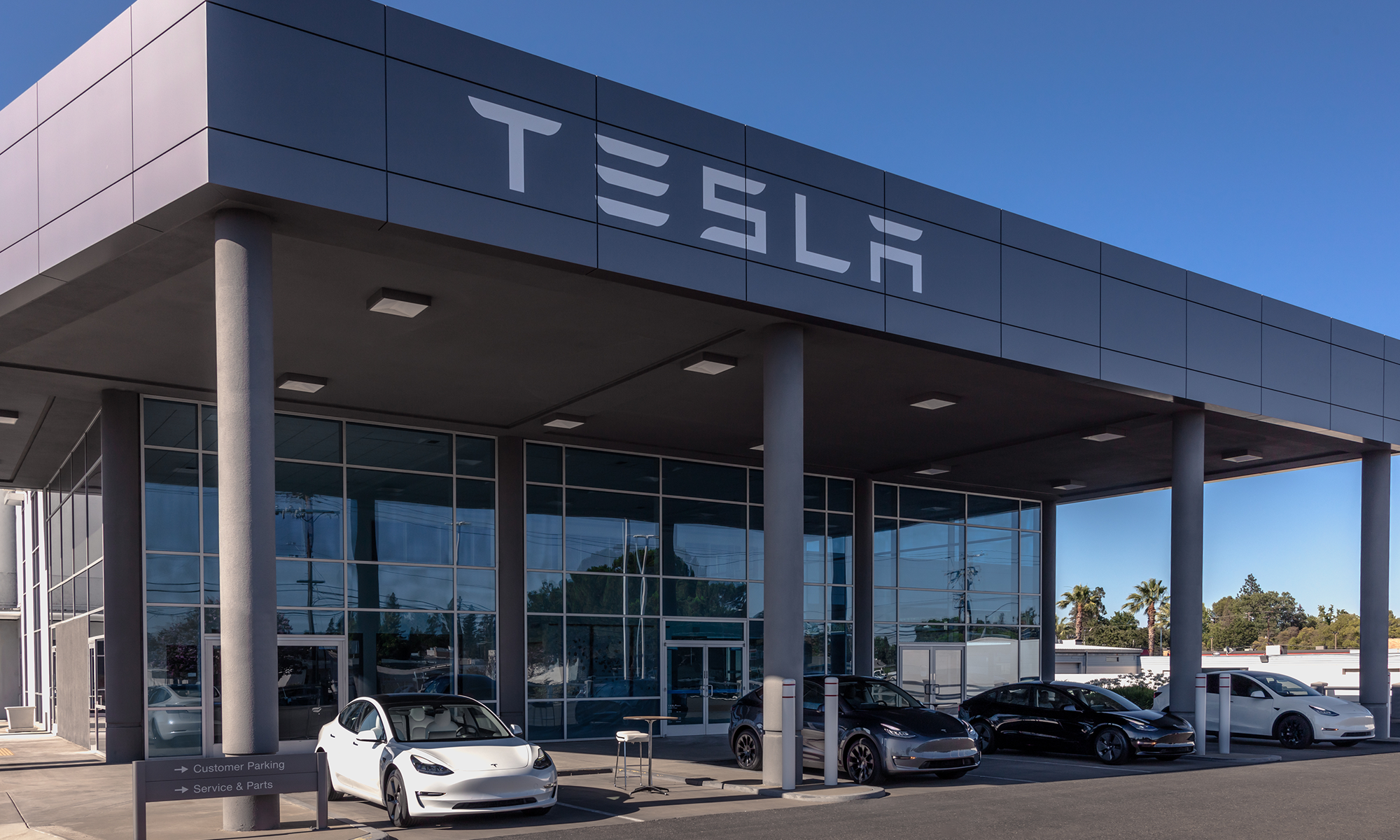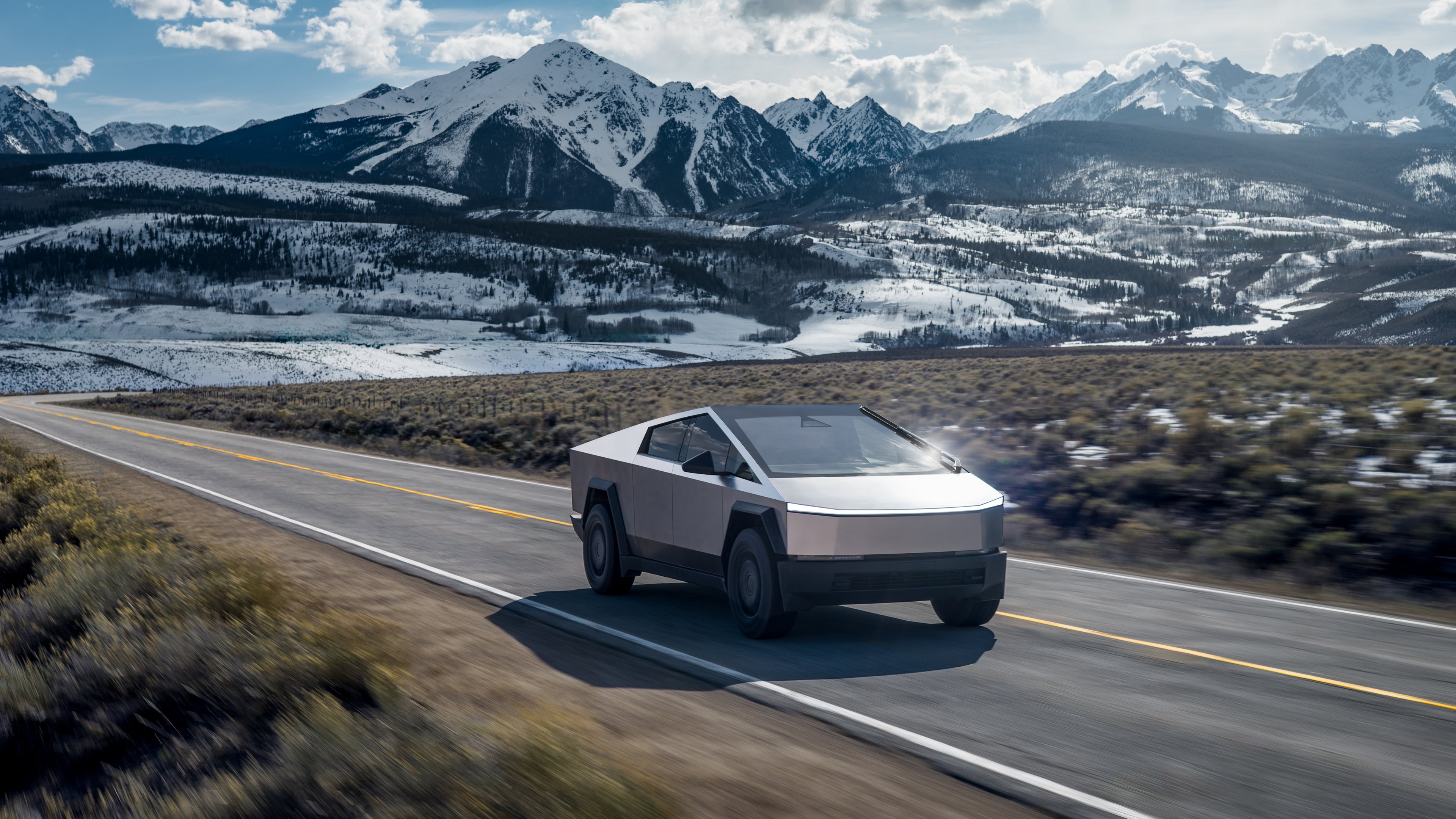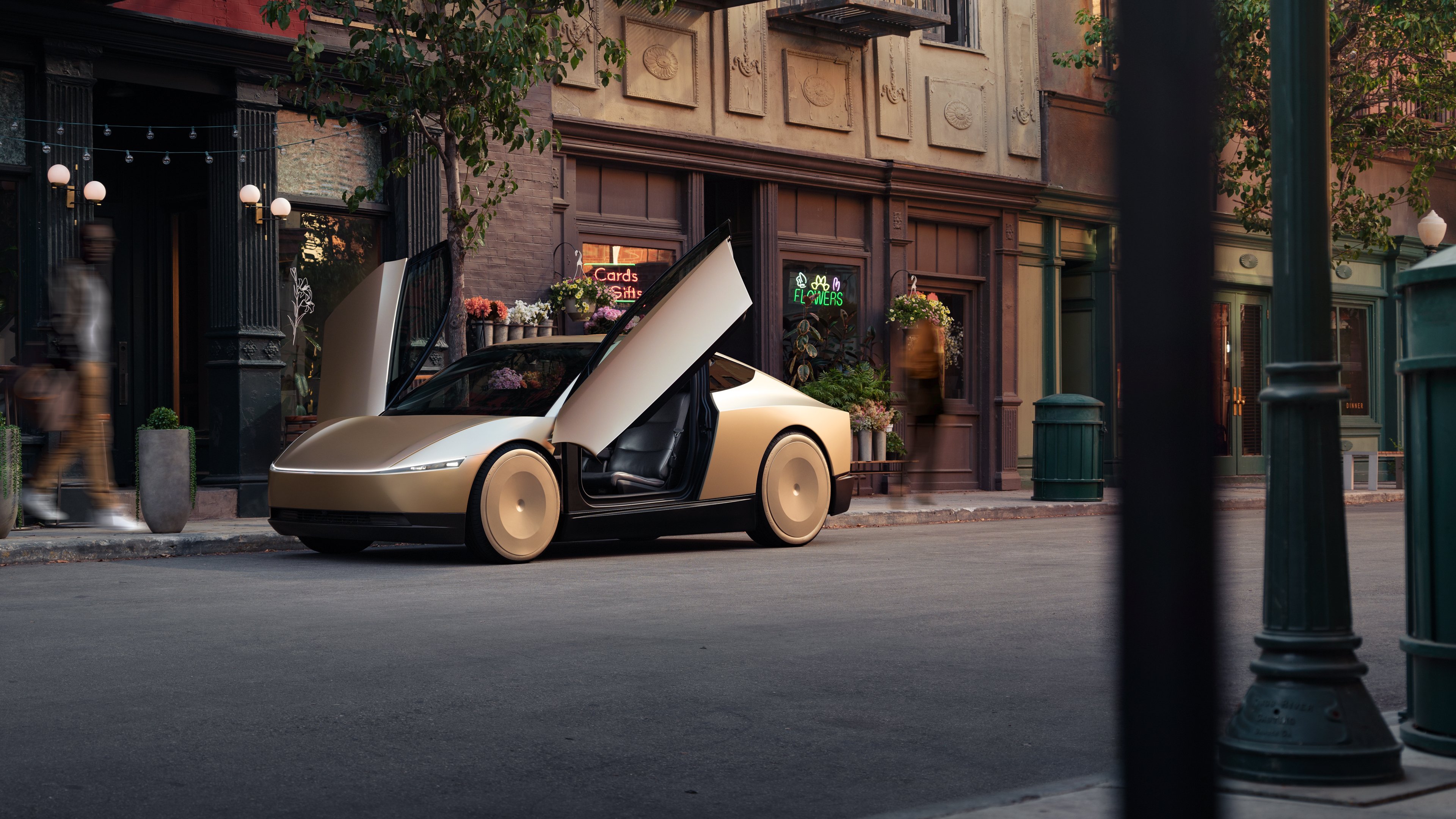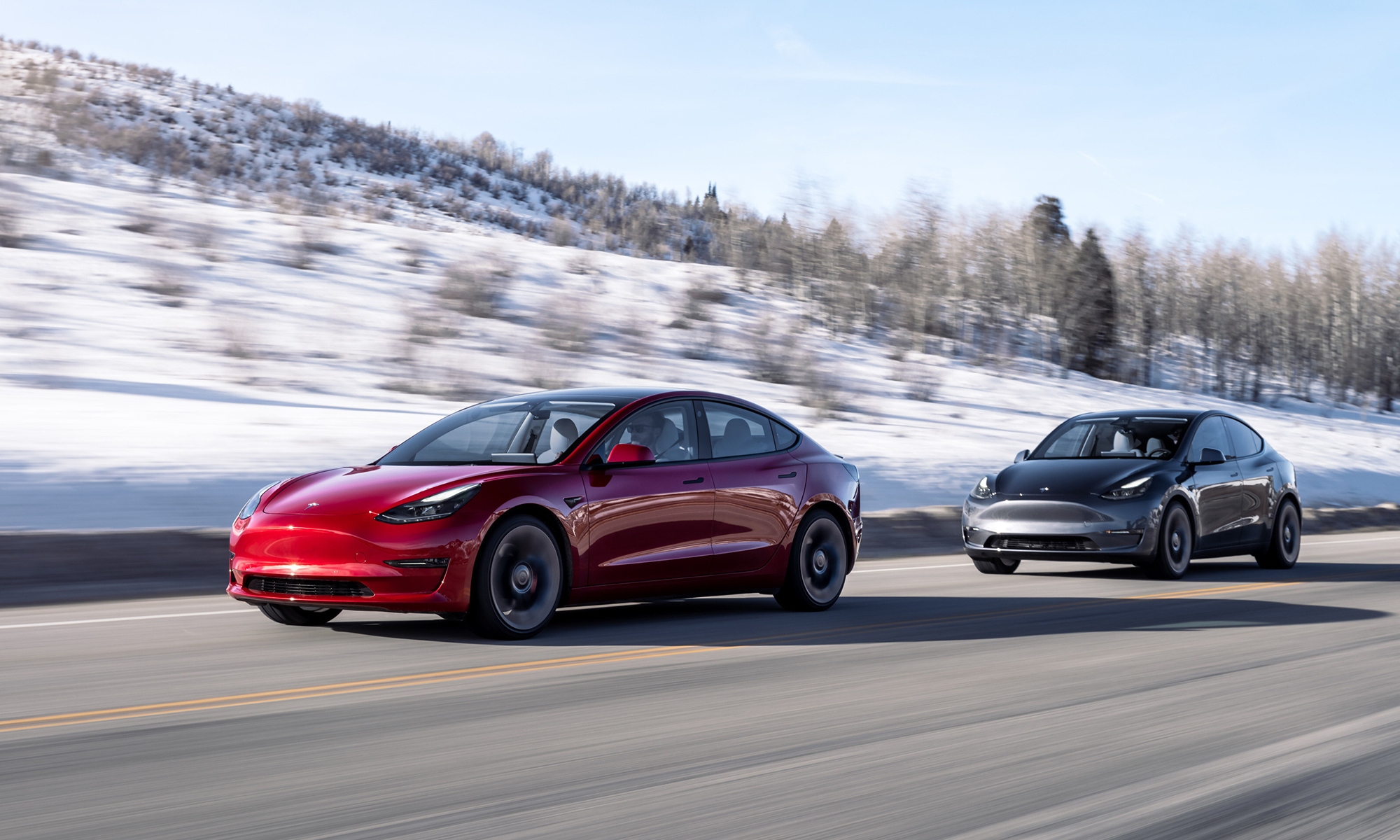With every launch of a hybrid in the Tesla (TSLA 1.79%) Model S price range, the typical debate inevitably surfaces: Is this new hybrid competition to the all-electric Model S or not? One of the latest launches in this hybrid category, the new 2014 Porsche (POAHY +1.51%) Panamera S E-Hybrid, is a great example of the typical cars thought to be competition to the Model S. But are hybrids and competing electric cars really competition to Tesla?

2014 Porsche Panamera S E-Hybrid. Source: Porsche.
Overlapping addressable market
It's a parallel plug-in hybrd. The Porsche Panamera S E-Hybrid offers a beautiful driving experience. The combustion engine and the electric machine can power the car separately or even work together. Together, these motors give the car a whopping 416 horsepower: 95 from the electric motor and 333 from the power combustion engine. Like the Model S, it's fast. It gets to 60 mph in 5.2 seconds. The electric motor gives drivers the convenience of 20 miles of electric-only range -- enough for a short commute. Altogether, it's a feasible, high-performing, family car alternative (seats four passengers) to the Model S.

Tesla Supercharging stations. Source: Tesla.
But is it a likely alternative? Starting at $99,000, compared to the Model S at $70,000, the Porsche comes at a comparably hefty price tag. Even more, 265 miles of EPA certified all-electric driving range for the Model S is quite the value proposition -- and a solid selling point. The Model S gives drivers the opportunity to ditch gas entirely, certainly a different experience. And, thanks to an aggressive expansion of Tesla-branded Superchargers, all electric long-range driving in a Model S is becoming plausible for more and more drivers every day. Finally, the Model S is a big and spacious car. In fact, since the area where an engine usually is can be used as a trunk, Tesla offers an add-on of rear-facing seats. This add-on enables the Model S to carry an additional two children for a total of seven passengers.
No, the Porsche Panamera S E-Hybrid is not a likely alternative to the Model S -- just a potential alternative, period. And if Porsche plug-in hybrid sales of just 39 in November are any indication of the car's potential in the market, I may be being too generous in calling it an alternative to the Model S at all. Based on Tesla's fourth-quarter guidance, the company sold 2,000 Model S vehicles in November.
But what if?
There will come a day when formidable electric competition to Tesla's vehicles arises. But whether it's in the form of an all-electric vehicle or a hybrid, it's unlikely that electric competition will be a bad thing for Tesla. Positioned as the only successfully purely electric brand in the world, Tesla would likely welcome competition with open arms. The more electric vehicles become a viable option in the auto market, the more customers will buy electric cars. The more electric cars sold, the more opportunity for electric infrastructure to provide a sustainable foundation that supports a mass market of electric vehicles. The larger and more viable the market for electric vehicles becomes, the more potential for Tesla's planned mass-market lower-cost vehicle.
Take it from Tesla CEO Elon Musk himself. In a CNN Money interview, he explained why he wants to see formidable competition:
I hope we are surrounded by other cars from other manufacturers. The reason that I created Tesla with my partners, and the reason I put so much of my capital and time into it, is to accelerate the advent of sustainable transport of electric cars. So I really look forward to the day when every car on the road is electric. That's the goal. And we want to make that happen.
As the undeniable pioneer in all-electric cars, any move toward major acceptance of electric-powered cars would likely prove to be a growth driver for Tesla's long-term potential. Sure, competition from specific competing electric models may dissuade some potential Model S (or any future Tesla-branded models) buyers. But if meaningful electric competition finally arises, that would mean that other manufacturers agree that there is market opportunity in electric vehicles -- and that would prove to be a positive indicator for Tesla shareholders.
If anything, it could make sense to call electric models by other manufacturers Tesla's allies in the company's mission to accelerate the advent of electric car adoption.







